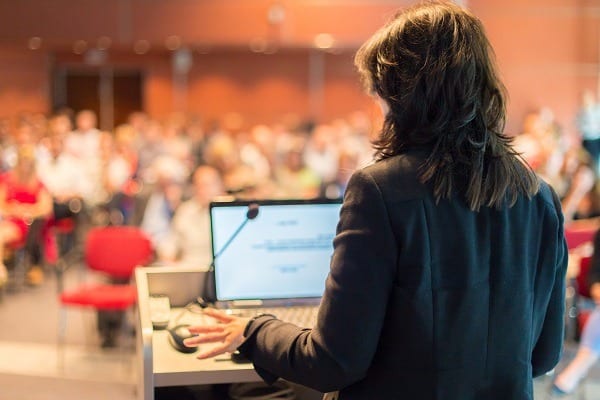The research comes from a study of 525,000 individual student experience surveys taken across six years at UNSW. It showed that male university teachers are more likely to be rated higher than their female counterparts in STEM and Business faculties.
The study, published today in PLOS ONE, showed that in business and science, male teachers from English-speaking backgrounds were more than twice as likely to get a higher score on a student evaluation than a female teacher from a non-English speaking background.
For those in medicine, local students were again more likely to give lower scores to female teachers from non-English speaking backgrounds. In engineering, there wasn’t a significant swing against female teachers, but males from a non-English speaking background were rated lower.
Business and science faculties are heavily dominated by male teachers which is perhaps why such a significant gender bias exists.
The story was a little different in Arts and Social Sciences, a faculty with significantly more female teachers . There was no bias against female teachers at all, indicating that when the norm is female, there is less gender bias in student opinions.
“The results show universities must be models of equity and diversity in order to breakdown inequalities that persist in even the most progressive of workplaces,” said Professor Merlin Crossley, UNSW Deputy Vice-Chancellor Academic.
“We regard student experience surveys as essential, but we have to know how to interpret the results in order understand unconscious bias and how we can bring about change. UNSW is driving a strategy that embraces diversity and we believe these biases will diminish over time. Diversity is a great strength of UNSW and we must keep celebrating it,” she said.
Smashing stereotypes and increasing the prevalence of female teachers in higher education is critical to improving these biases among students in science and business.
Dean of Science at UNSW and co-author of the study, Professor Emma Johnston, says encouraging more women at the professorial level, in leadership positions and in membership of key committees will help shrink these biases.
UNSW appointed Professor Eileen Baldry as its first Deputy Vice-Chancellor Inclusion and Diversity in 2017, while five new Diversity Champions were appointed last year as advocates aiming to lead diversity across different working groups. One of Baldry’s key objectives is to achieve gender equity targets across all staff grades.

